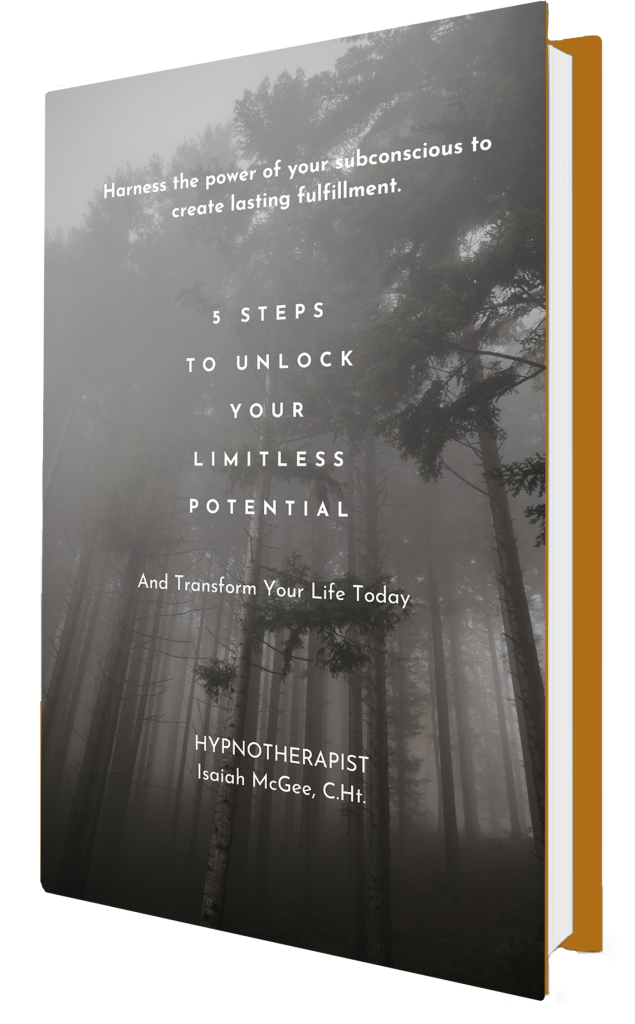There are occasions when a particular theme appears evident over the course of a week’s hypnotherapy sessions in my practice and recently that theme was relationships. Clients came in addressing relationship stresses with mothers (remember Mother’s day just occurred), best friends, co-workers, and the like. And of course the feedback offered applied to relationships of the romantic kind as well.
As I and each client mined the well-being encased in these relationship difficulties several realities emerged that would empower the capacities needed to navigate the sometimes tumultuous waters of relationships to establish the calm waters of well-being. These “fixes” did not address fixing a situation per se, but rather, they are means by which one can permit personal growth instead of becoming stuck in strident positions of disappointment. In reality, authentic personal growth is what neutralizes relationship strife because painful lessons become increasingly unnecessary. To that end, here are the five relationship fixes for restoring your connection to well-being:
Fix #1 The World Does Not (solely) Revolve Around You
No, this is not about being considerate of another – in the conventional sense that is. It is an encouragement to consider that because a particular relationship dynamic works for you doesn’t mean it “should” work for the other person. We are all fluid beings; shifting, changing, growing and evolving – particularly if individuals are intentionally engaging to do so. This means that a relationship that has become strained could have been “working well” in one person’s estimation but no longer match the other’s growth from dynamics that could be fundamentally independent of the other person in the relationship. In other words, often a person’s need to temper or disengage from an established relationship is often the consequence of internal revelations impacting one’s personal worldview in a way that requires a particular independence for appropriate processing. This doesn’t lessen the impact of relationship shifts but it allows connections to acclimate to the evolving dynamics that all are entitled to express. In this way individuals grow from relationships rather than become bitter through them.
Fix #2 The Courage to No Longer Enable
Some people need drama. An individual often (unconsciously) will desire to keep a dysfunctional relationship in play (this could be a mate, a partner, a mother, a friend… you.) because it sustains an environment that is familiar. A person who grows up in an environment of conflict will desire to keep conflict in their experience because it is how they know they are alive. If conflict has become a personal point of reference for what it means to be alive then by all means that person wants to feel alive. Continuing a relationship fraught with conflict enables this familiar template to be facilitated. The courage to disengage from a toxic relationship is really the courage to no longer enable. If you approach releasing a toxic relationship as a decision to no longer enable you disengage with a sense of esteem rather than a sense of failure.
Fix #3 Be Careful What You Pray for…
The old adage, “Be careful what you pray for because you might get it,” is usually invoked as a cautionary euphemism to underscore regretting the receipt of a desired experience. However, that is not how that statement is being employed here; in fact, it is to encourage a different interpretation of that age-old adage. Often times certain elements (relationships, individuals, conditions, etc.) need to be eliminated from one’s experience in order for a desired experience to be realized. The desire for more fulfilling and harmonious relationships could be the very reason why a present relationship appears to be fraught with conflict; it is in the process of dismantling itself to free up greater opportunity. To hold on to a relationship (even if it appears to be working for you – see Fix #1 ) could indeed be damning up the flow of more rewarding experiences that reflect your present personal evolution. This idea is not to be misused to condone an attitude of “relationship-hopping” where one is always looking for something better, but rather, as a big-picture vantage point in perceiving your life trajectory and relationship quality.
Fix #4 “Have it your way” is a slogan not a philosophy
As mentioned in Fix #1, the change or parting in any relationship is not necessarily pleasant, but what prolongs the discontent, and disappointment is to refuse to recognize (by recognize I mean appreciate) that everyone is entitled to grow – or not grow – in ways that are significant to them. Both growth and stagnation always have affect and to recognize that everyone is equally entitled to process their shifts of being in the way they deem necessary or appropriate (except if it brings bodily harm to another) enables you to release the attachment that fuels toxic repercussions of relationship decisions.
Fix #5 Reflection is not a dirty word
Reflect on whether friends, business associates or romantic relationships have a pattern of having a short shelf life in your experience. If significant relationships across the board in your life tend to last just two to five years and you feel it’s always the other person’s fault in the demise, then perhaps a bit of self-reflection is in order as you consider that the one constant in those short-term relationships is you.
Bonus Fix #6 Do not Forget the End Game
Ultimately, everyone desires to experience relationship harmony, if you maintain your focus on permitting all relationships to matriculate in whatever way will produce greater harmony rather than coercing relationships to behave in ways that suit you, you will find harmony ensuing much more readily and with less stress and manipulation. As you allow yourself and others to grow, relationships – even when they end – serve as a most direct opportunity to cultivate well-being.
Never forget that life’s tendency is towards harmony the more that tendency is trusted.

